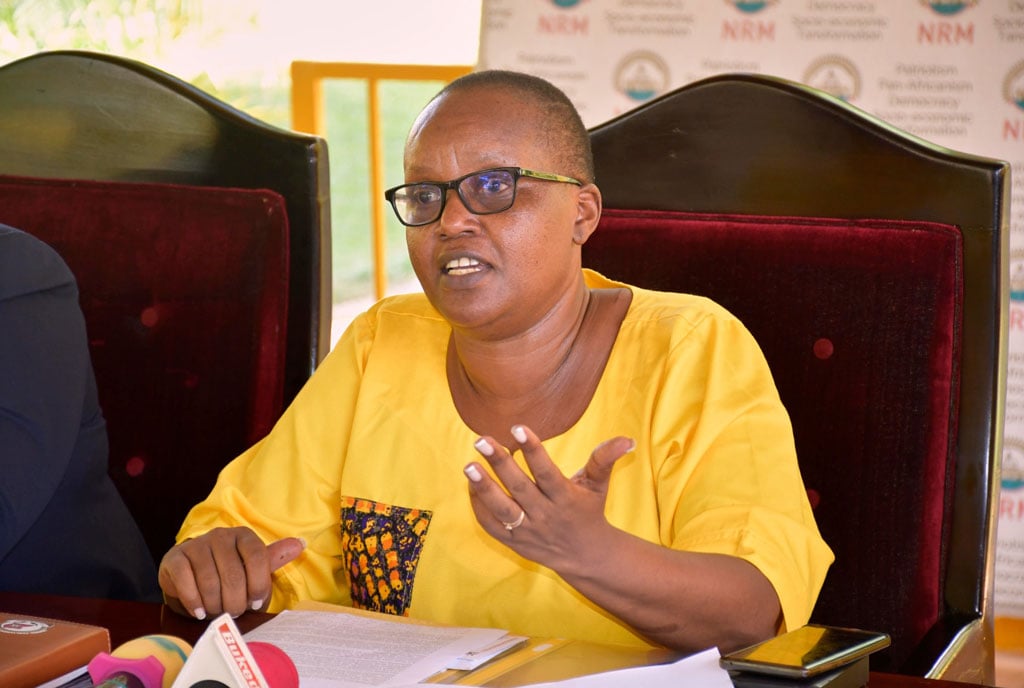Prime
Economic inclusion of women is key to sustainable devt

AUTHOR: Tshidi Ramogase. PHOTO/FILE
What you need to know:
- Businesses can only thrive when the communities we serve thrive too.
The good news story of Africa’s economic development over the past decades has been called into question by recent events, which threaten to undo much of the gains.
The gap between the potential and the reality can be attributed to many historical factors, one of them the failure to fully develop Africa’s human capital, specifically women.
According to International Labour Organisation data, aggregate female labour force participation rates have remained stubbornly low since the 1990s, stuck at about 60 percent, while for men the latest measure is 74percent.
The benefits of including women in the economy are substantial.
UN Women says women’s economic empowerment boosts productivity, increases economic diversification and income equality in addition to other positive development outcomes. As an example, increasing the female employment rates in OECD countries to match that of Sweden could boost their GDP by over $6 trillion. On the other hand, it is estimated that gender gaps cost these economies about 15 percent of GDP.
Creating opportunities for women to find employment or start their own sustainable businesses represents a huge opportunity to transform Africa’s economic fortunes, one that Coca-Cola Beverages Africa (CCBA) is working hard to unlock.
We understand that businesses can only thrive when the communities we serve thrive too. Investing in communities ensures business sustainability. Most of all, we are all Africans and are part of our communities.
This is why we have made economic inclusion one of the pillars of our sustainability strategy.
We define economic inclusion as opening gainful economic opportunities to under-served communities by providing access to markets that boost income and yield decent and sustainable earnings, while leveraging the business and the industry.
We intend to embed economic inclusion across our value chain and make it part of how we do business the right way.
We have narrowed our focus, selecting the two high-impact anchors of entrepreneurship and employability, and created a clear, specific set of impact measures by which projects will be evaluated.
We aim to create inclusive growth opportunities for women, youth, and people with disabilities by defining a consistent way of implementing economic inclusion programmes across our markets and leveraging leading practice. At the same time, we will seek to harness the impact of our economic inclusion initiatives to solve business challenges.
In total last year we empowered more than 17,000 women with foundational business skills, coaching and support.
We will continue using our focus on creating a better shared future to grow and sustain small businesses and enhance livelihoods, resulting in increased economic value and business capability for women, communities and our business system.
Our efforts will remain focused on ensuring that women run successful enterprises and increasing their participation in the formal economy through programmes to prepare them for the world of work – all in partnership with like-minded stakeholders. If the private sector, governments and civil society work together to remove the barriers to women’s full participation in the economy, it would set the continent on a path to accelerated growth and greater shared opportunity for all.
Tshidi Ramogase is the Chief Public Affairs, Communication and Sustainability Officer, Coca-Cola Beverages Africa




